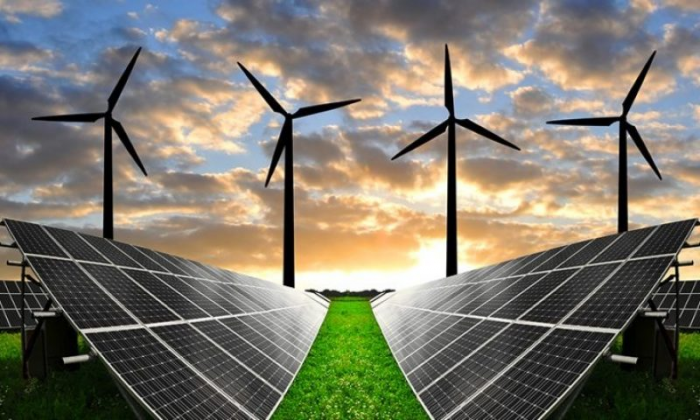Overview
In Denmark, heat production from renewable energy sources is generally supported by the absence of energy tax and CO2 tax which is levied on fossil fuels.
Further, several subsidy schemes support the deployment of heat pumps both for district heating production and for individual heating. Besides the three schemes covered below that directly support deployment of heat pumps, the so-called scrapping scheme and decoupling scheme, that support scrapping of oil- and gas-burners and decoupling from the gas grid respectively, also promote heat pumps and other renewable technologies by subsidising termination of the use of fossil alternatives.
Support for other specific technologies until recently included a scheme with direct grants for end-users of biogas including for heat production. This was phased out in 2020, but it was later decided to introduce a new subsidy tender for biogas and other green gasses in the period 2024-2030. This has not yet been adopted (NECP Denmark, 2019; Climate Agreement 2020).
Denmark expects the renewables share in the heating and cooling sector to increase from 53.5 % in 2020 to 59.9 % in 2030. This share is expected to be achieved mainly through the use of biomass and heat pumps (NECP Denmark, 2019).
Summary of support schemes
- Subsidy (heat pumps) – three different schemes support the deployment of heat pumps both for district heating production and for individual heating
- Tax regulation mechanism (absence of energy tax and CO2 tax) – The energy tax does not cover biomass for heat production and the CO2 tax only applies to fossil fuels
Competent authorities
- DEA
- DTA


